Republican Senator Presses Newsom and Biden on $52 Million Medicaid Overpayments to Immigrants
Senator Charles Grassley, a leading Republican on the Senate Budget Committee, has raised a pressing issue involving Medicaid overpayments in California.
On Friday, he sent letters to Governor Gavin Newsom and CMS Administrator Chiquita Brooks-LaSure, questioning why $52 million in improper Medicaid disbursements hasn’t been repaid. Grassley demands answers by September 5, adding urgency to this growing controversy.
The Controversial Overpayments
At the heart of this issue is $52 million in Medicaid payments made to immigrants with unsatisfactory immigration statuses. An audit found that California overclaimed its emergency care reimbursements by 8.49% between October 2018 and June 2019.

Source: Freepik
Now, the state is under fire for failing to repay these improperly claimed funds, as recommended by federal auditors.
Understanding Medi-Cal's Role
California’s Medi-Cal program, equivalent to Medicaid, provides healthcare to low-income residents, including some noncitizens.

Source: nortonrx/Getty Images
However, an audit by the Health and Human Services Inspector General found that Medi-Cal’s payments went beyond the allowable coverage for emergency services, leading to millions in overpayments that Grassley wants repaid promptly.
What the Audit Revealed
The May 2024 audit by HHS Inspector General Christi Grimm uncovered significant flaws in California’s Medicaid disbursement practices.

Source: katemangostar/Freepik
It showed that outdated algorithms led to overestimations of reimbursable emergency care, resulting in over $52 million in claims that should never have been made.
The Call for Repayment
Grassley’s letters to Newsom and Brooks-LaSure are clear: California must repay the $52 million it improperly claimed. Despite the HHS recommendation, there is no evidence that California has adjusted its Medicaid payment methodology.
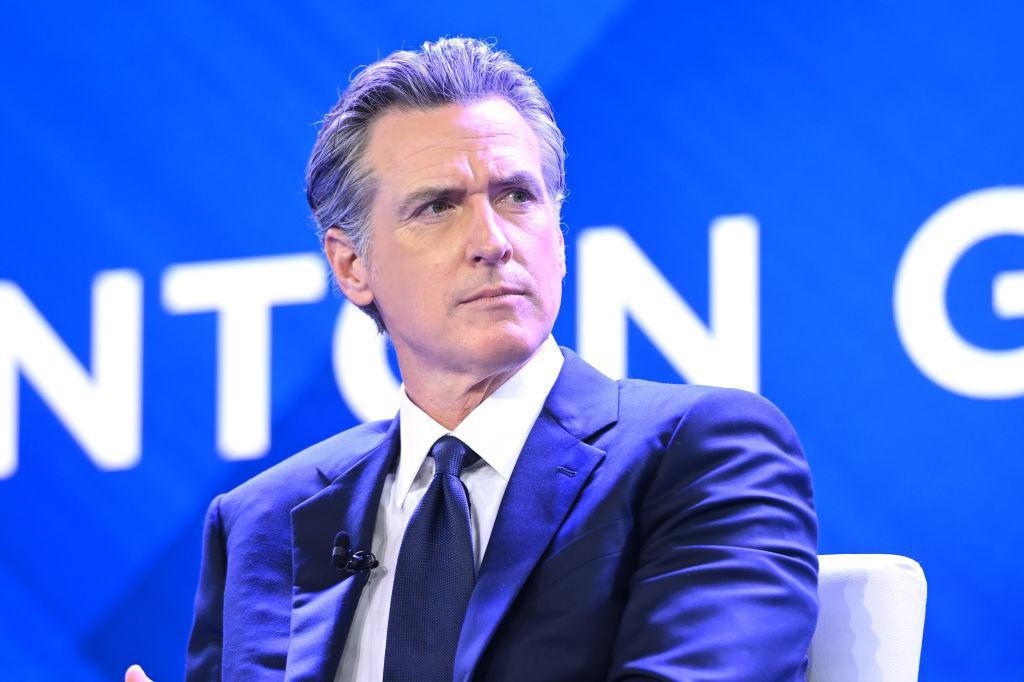
Source: Getty Images
Grassley has called this inaction a failure to protect American taxpayers from waste, fraud, and abuse.
A Question of State Responsibility
Senator Grassley highlighted California’s $300 billion annual budget in his letter, questioning why the state hasn’t repaid the funds in a lump sum.
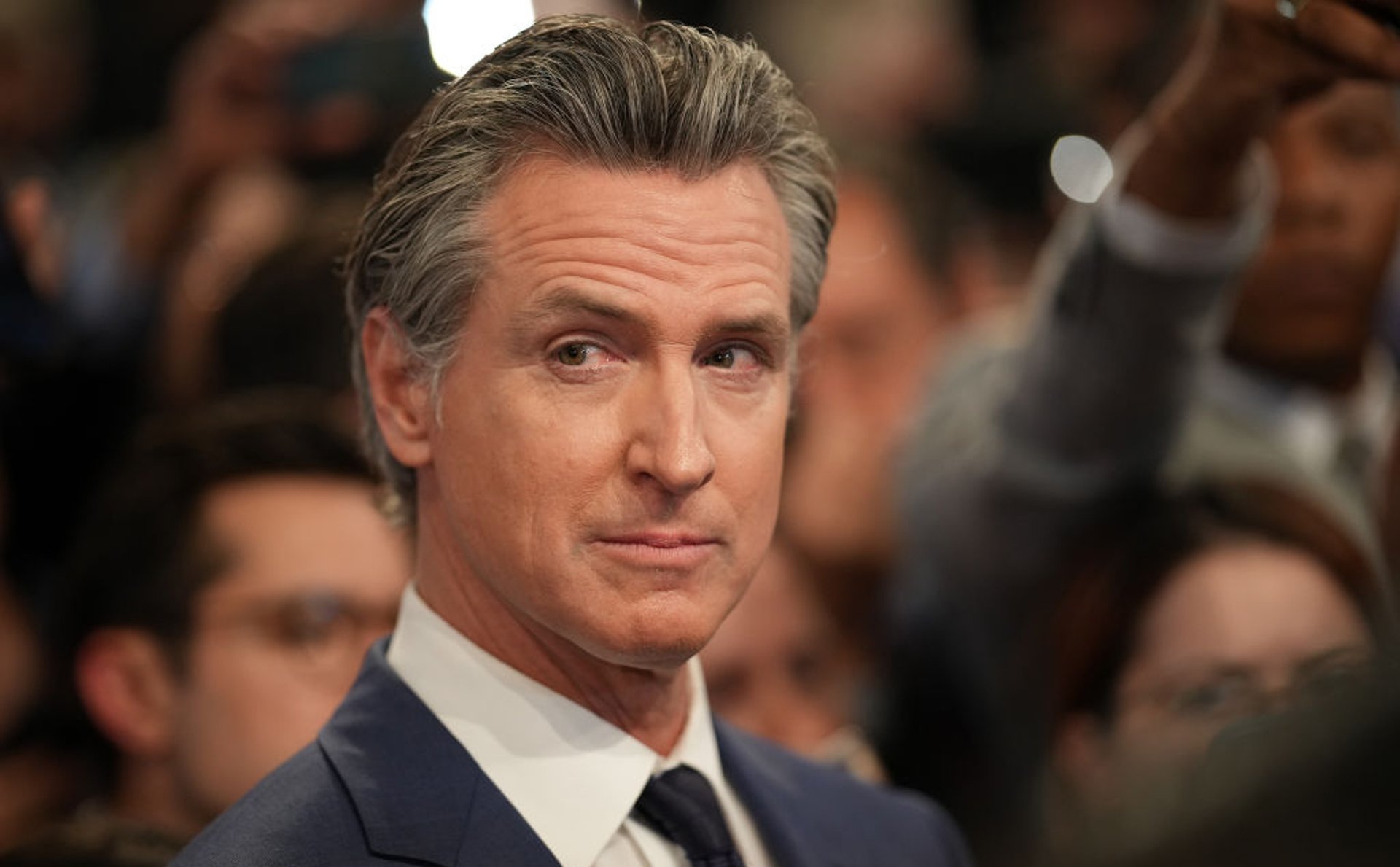
Source: Getty Images
He criticized the California Department of Health Care Services (DHCS) for relying on a manual repayment process instead.
Federal Regulations and Noncitizens
Federal Medicaid regulations are strict about who is eligible for coverage. Generally, only U.S. citizens and certain qualified noncitizens—like refugees or those granted asylum—are eligible for full benefits.

Source: John Moore, Getty Images
For immigrants with unsatisfactory statuses, only emergency services are covered, underscoring the significance of the improper payments flagged in the audit.
Response from California's DHCS
In response to the controversy, a DHCS official stated they planned to repay the $52 million by June 30, 2024. They also mentioned working with CMS to refine service identification and payment processes.

Source: Eric Chan, Wikimedia
However, the lack of transparency around the repayment has left many questions unanswered, including those posed by Senator Grassley.
Grassley’s Broader Critique
Grassley didn’t stop at just the repayment issue. He criticized the economic policies of President Biden and Vice President Harris, suggesting their leadership has strained American households.
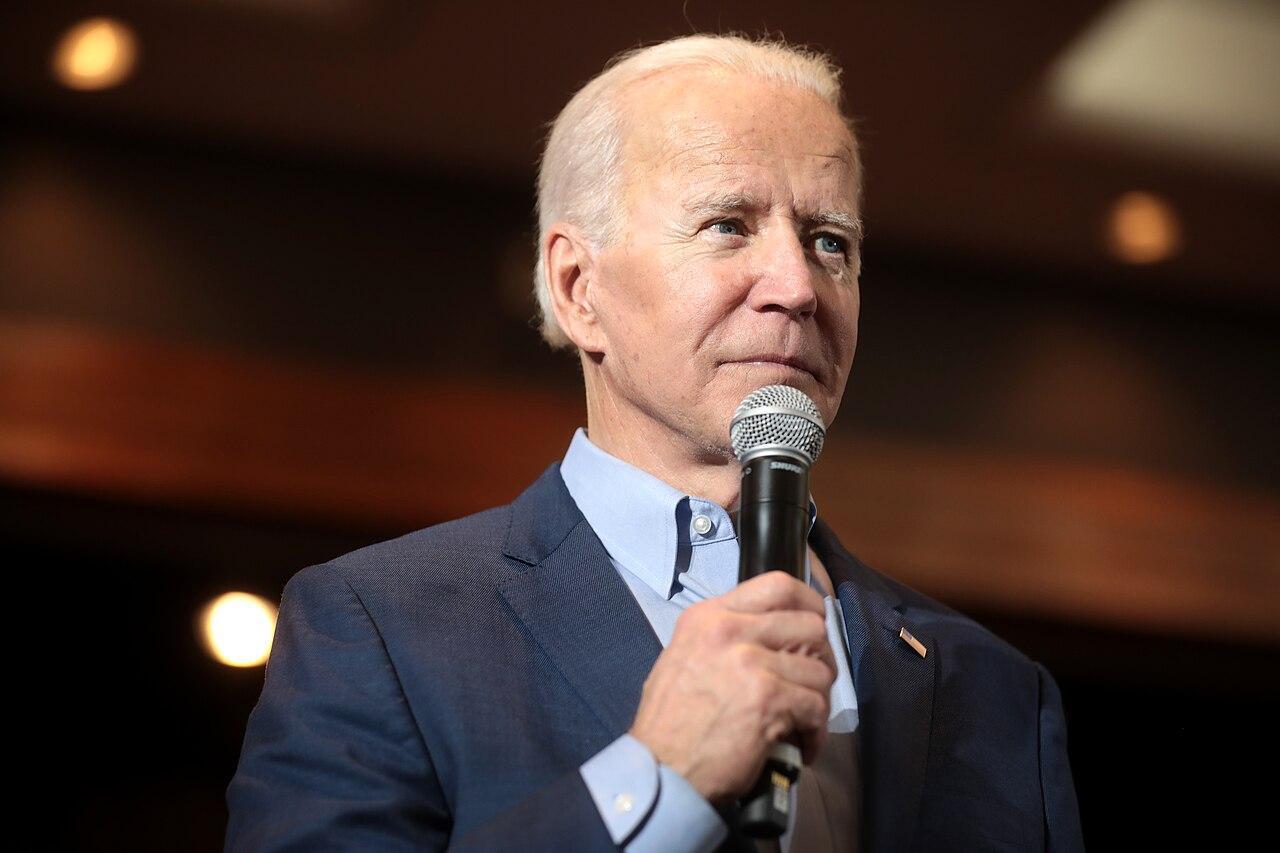
Source: Wikimedia
“Meanwhile, California is providing federal health insurance to ineligible illegal immigrants,” Grassley noted, calling it a misuse of taxpayer money and a “slap in the face” to American citizens.
CMS's Role and Responsibilities
Grassley’s letter to CMS Administrator Chiquita Brooks-LaSure also raised critical questions about federal oversight. He asked whether CMS has taken any action to ensure this issue doesn’t recur.
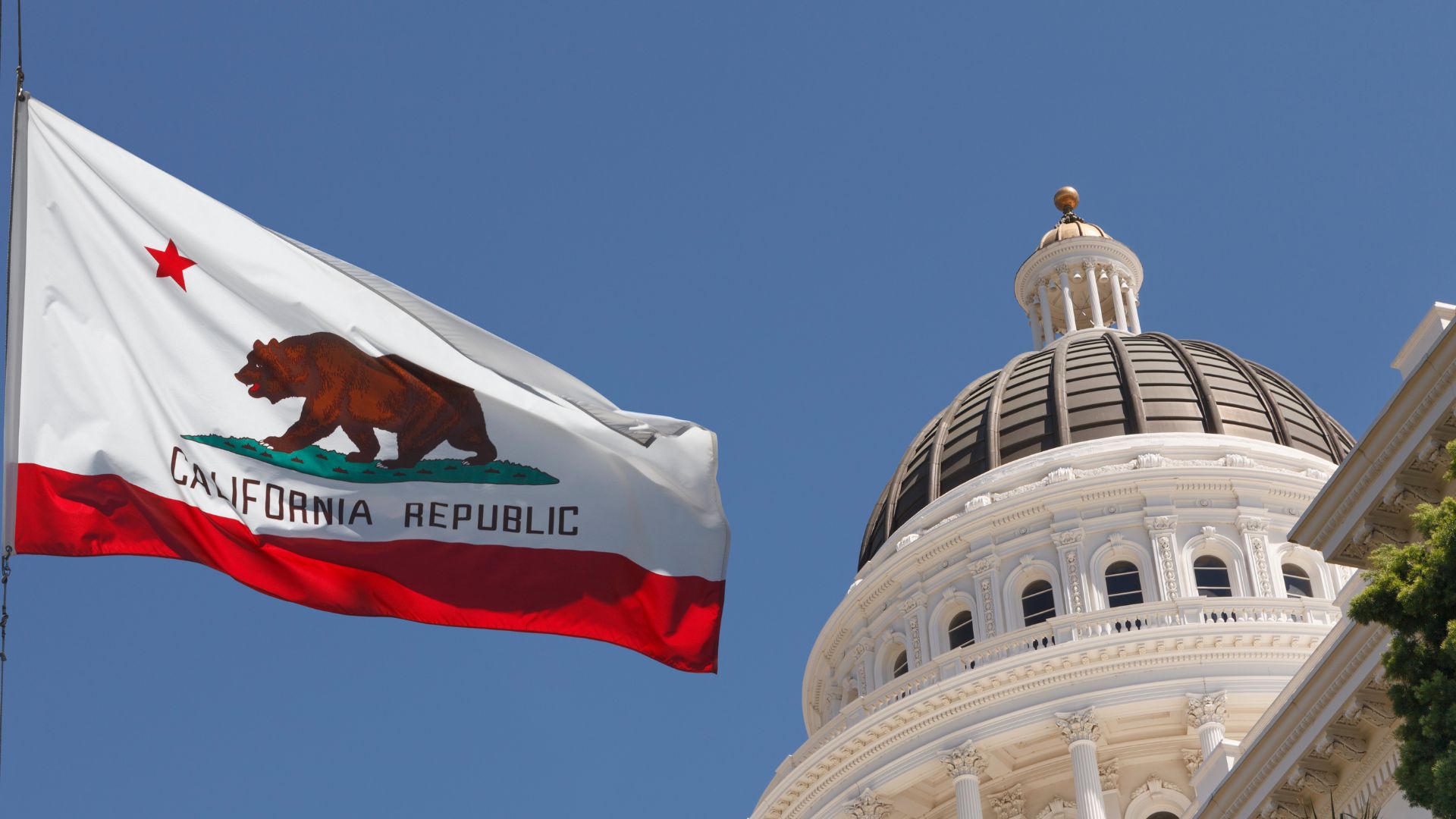
Source: Canva
The Social Security Act of 1935 mandates federal reimbursement of state Medicaid costs, but only for eligible recipients, making CMS’s role crucial in preventing future overpayments.
Future Implications and Oversight
The debate over these Medicaid overpayments isn’t just about past mistakes; it’s about future oversight. Grassley has called for a thorough review of California’s Medicaid practices and for CMS to tighten its controls.

Source: Pinterest.com
With significant taxpayer money at stake, the outcome of this debate could influence national Medicaid policies and state accountability measures.
What's Next in This Controversy?
As the September 5 deadline approaches, all eyes are on California and CMS to respond to Grassley’s inquiries. Will California repay the $52 million in full? How will CMS address the oversight failures that led to this situation?
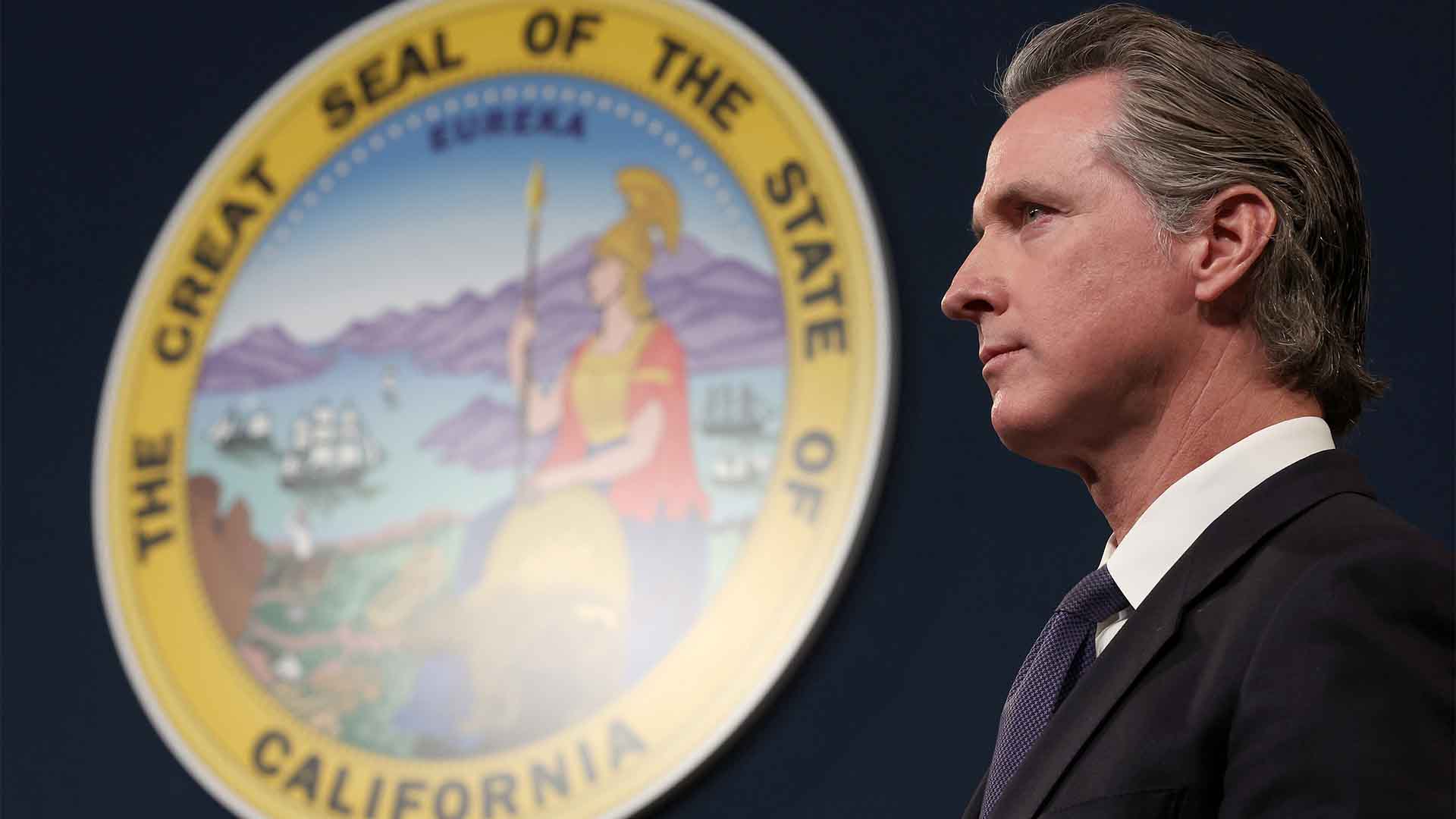
Source: Justin Sullivan/Getty Images
The answers could have far-reaching consequences for Medicaid policies across the United States.
